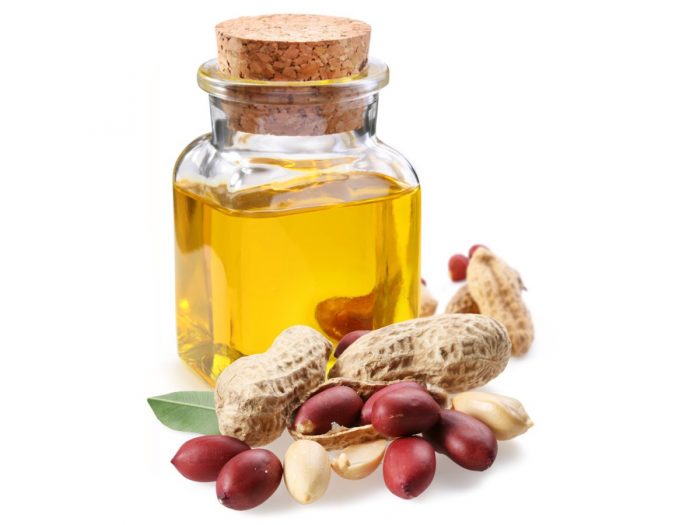Knowing about the best peanut oil substitutes is important for any chef, particularly if you are cooking for someone with severe food allergies.
Peanut oil is a mild vegetable oil derived from peanuts, and it is sometimes called groundnut oil. It is a popular frying oil, due to its high smoke point and rich flavor. It is most commonly used when cooking a stir fry or when deep frying various foods.
Peanut Oil Substitutes
Despite its obvious versatility, peanut oil is full of saturated fats, as well as omega-6 fatty acids, which are a kind of polyunsaturated fat. Peanut oil is also prone to oxidation, which can release a large number of free radicals that in turn damage cells and increase chronic inflammation in the body. Of course, peanut oil is also not safe for people with peanut allergies, and it can be expensive. In other words, there are plenty of reasons to look for alternatives to peanut oil which include vegetable oil, canola oil, safflower oil, sunflower oil, and grapeseed oil among others. [1]

Look for substitutes if you are allergic to peanut oil. Photo credit: Shutterstock
Vegetable Oil
One of the most common cooking oils, vegetable oil is often a blend of different oils, including palm and canola. It has a moderately high smoke point and is tasteless. Since all blends can be different, it’s best to check the label and the percentage of saturated fats.
Canola Oil
Canola oil is an oil derived from the rapeseed plant. It has almost no flavor and a high smoke point, so it’s a great oil alternative for frying, grilling, and sautéing. Despite its bad reputation, canola oil is actually one of the most heart-healthy oils out there, with less saturated fat than most of the plant alternatives, and an especially high content of alpha-linoleic acid or ALA. [2] [3]
Safflower Oil
Safflower oil is an excellent cooking oil at different temperatures, making it versatile for a wide variety of cooking methods. Refined safflower oil’s smoke point is between 450-510 degrees Fahrenheit, making it excellent for deep frying and grilling. Safflower is also a great source of vitamin E. Finally, it is high in monounsaturated fats, which can promote good blood pressure and cholesterol.

Safflower oil is a popular cooking oil that comes from the seeds of the safflower plant. Photo Credit: Shutterstock
Sunflower Oil
Sunflower oil is a great source of polyunsaturated fats, which regulate the amount of bad cholesterol in the body. It’s also packed with nutrients like vitamin B1 and E, magnesium, zinc, copper, and iron. Sunflower oil has a medium-high smoke point, and should not be used for deep-frying or grilling. [4]
Grapeseed Oil
Grapeseed oil has a medium-high smoke point, making it a suitable alternative for oven baking and stir frying. It should not be used for high heat applications, like searing or deep-frying. Grapeseed oil is a good source of omega-6 fatty acids, and its combination of monounsaturated and polyunsaturated fats promotes better cardiovascular health.
